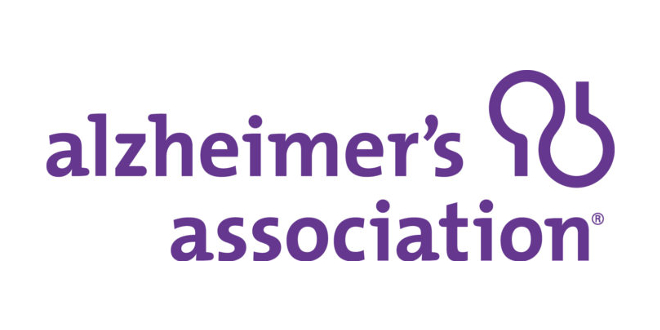INDIANAPOLIS, January 29, 2019 – Subzero temperatures and wind chill warnings are dangerous conditions for anyone, but people living with Alzheimer’s disease and other dementias are often at greater risk because of the potential for wandering.
Six in 10 people with dementia will wander. A person with Alzheimer’s may not remember his or her name or address, and can become disoriented, even in familiar places. The Alzheimer’s Association Greater Indiana Chapter is offering these tips to help prevent wandering:
- Continue with daily activities. Having a routine can provide structure and help reduce the likelihood of wandering.
- Identify the most likely times of day that wandering may occur. Plan activities at that time to help reduce anxiety, agitation and restlessness.
- Reassure the person if he or she feels lost, abandoned or disoriented. If the person with dementia wants to leave to “go home” or “go to work,” use communication focused on exploration and validation. Refrain from correcting the person. For example, “We are staying here tonight. We are safe and I’ll be with you. We can go home in the morning after a good night’s rest.”
- Ensure all basic needs are met. Has the person gone to the bathroom? Is he or she thirsty or hungry?
- Avoid busy places that are confusing and can cause disorientation. This could be a shopping malls, grocery stores or other busy venues.
- Place locks out of the line of sight. Install either high or low on exterior doors, and consider placing slide bolts at the top or bottom.
- Use devices that signal when a door or window is opened. This can be as simple as a bell placed above a door or as sophisticated as an electronic home alarm.
- Provide supervision. Do not leave someone with dementia unsupervised in new or changed surroundings. Never lock a person in at home or leave him or her in a car alone.
- Keep car keys out of sight. People with dementia don’t always wander by foot. Those who no longer drive may forget and decide to get behind the wheel, so it is important to remove access to car keys. If the person is still able to drive, consider using a GPS device to help if they get lost.
It is also important for caregivers to make a plan in the event that the person living with Alzheimer’s or other dementia goes missing.
- Keep a list of people to call on for help. Have telephone numbers easily accessible.
- Ask neighbors, friends and family to call if they see the person alone.
- Keep a recent, close-up photo and updated medical information on hand to give to police.
- Know your neighborhood. Pinpoint dangerous areas near the home, such as bodies of water, open stairwells, dense foliage, tunnels, bus stops and roads with heavy traffic.
- Keep a list of places where the person may wander. This could include past jobs, former homes, places of worship or a restaurant.
- Provide the person with ID jewelry. Enroll the person in MedicAlert®+ Alzheimer’s Association Safe Return®.
If the person does wander, search the immediate area for no more than 15 minutes. Call “911” and report to the police that a person with Alzheimer’s disease — a “vulnerable adult” — is missing. In addition, a report should be filed with MedicAlert® + Alzheimer’s Association Safe Return® at 800.625.3780. First responders are trained to check with MedicAlert+ Alzheimer’s Association Safe Return when they locate a missing person with dementia. You do not need to be enrolled in MedicAlert+ Alzheimer’s Association Safe Return in order to file a missing report.
Tips and resources can be found by visiting https://alz.org/indiana or by calling Alzheimer’s Association’s free, 24/7 Helpline at 1.800.272.3900.
About the Alzheimer’s Association
The Alzheimer’s Association is the leading voluntary health organization in Alzheimer’s care, support and research. Our mission is to eliminate Alzheimer’s disease through the advancement of research; to provide and enhance care and support for all affected; and to reduce the risk of dementia through the promotion of brain health. Our vision is a world without Alzheimer’s®. Visit alz.org or call 800.272.3900.






